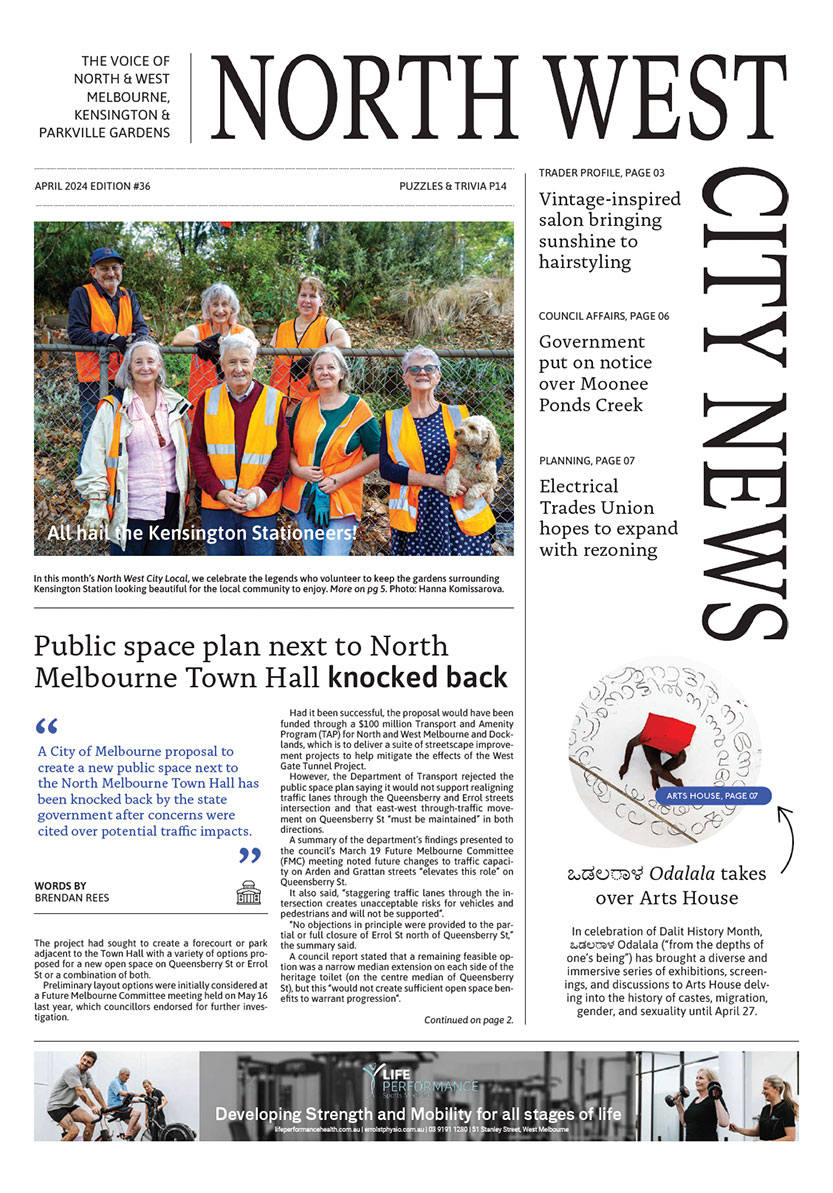Trust is on the ballot
Trust is always on the ballot. In elections we place our trust in the candidate for whom we vote. On October 14 there will be similar trust at play.
Our “YES” is putting our trust in the Federal government to design a representative and effective Voice mechanism. Alternatively, our “NO” is, above all, a statement (albeit just two letters) of distrust and, in the minds of some people, fear.
For several months we have endured the barbs of argument and counter argument, where truth, the handmaiden of trust, has suffered in the turmoil of what has become a political debate. Within a democratic system, when truth is compromised and the trust of the people is lost, fear is stoked, and any advantages of the democratic system itself are also lost.
I do not doubt that among the so-called “hard” NOs there is a vein of racism, much of which would be “unconscious”, perhaps a legacy of the “white Australia” conditioning throughout childhood, or simply born of ignorance.
I contend, however, that the most prominent vein among the intended NO voters, is the lack of trust. Who can blame many First Peoples for distrusting governments?
The track record of those in power, in terms of building the trust of our first people, has been abysmal. Furthermore, the spread of blatant lies about the dangers of the referendum has amplified mistrust, which has morphed into fear. Fear is a powerful emotion – fear of change and fear of the future.
The ABC’s The Drum on September 21 featured the perspectives of two wonderful Indigenous women from different sides of the referendum debate: 70-year-old Kokatha elder Sue Haseldine, and strategic advisor for the Uluru Dialogue Kirstie Parker.
At one point in the discussion the host Dan Bourchier asked Sue what she was feeling about “the Voice”, to which she replied, “I don’t like the Voice, I don’t trust the Voice”. Dan pressed a little further and asked Sue where that lack of trust had come from: “from my childhood,” Sue replied.
Later during the discussion she apologised, and said, “I’m sorry, my mistrust is very deep”. Without knowing all the details of Sue’s life, one gained a picture of a struggle – perhaps a common Indigenous story – against disadvantage and disempowerment; a struggle to be heard. She said as much: “they hear you, but don’t listen to you” and “too many empty promises”.
Kirstie Parker was coming from a completely different direction, and possibly also a different life story. She was full of hope and positivity about “the Voice”, but conceded, “it is no surprise that Aboriginal and Torres Strait Islander peoples will have low levels of trust”.
One would have to say that the level of trust of politicians is never high among the wider population, and unfortunately, in discussion about the referendum, this mistrust has been enthusiastically fed with lies, misinformation, and confusion.
After October 14, as we move into a post referendum process, whether it is successful or not, hopefully we will progress towards treaties and truth-telling. Yes, truth-telling, the Makarrata process! In recent months we have shown how good we are at that! NOT!
A culture in which truth is respected and fiercely pursued by the media is the foundation of a peaceful and cohesive society. Trust and truth are essential ingredients in our personal and political lives, if they are lost or compromised, we must find them again.
It’s always a challenge, but significantly more challenging as artificial intelligence appears on the horizon. •

Jo Ryan unveils Ordered Chaos at Blender Studios






 Download the Latest Edition
Download the Latest Edition